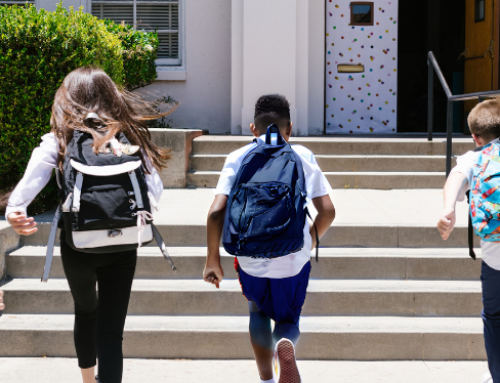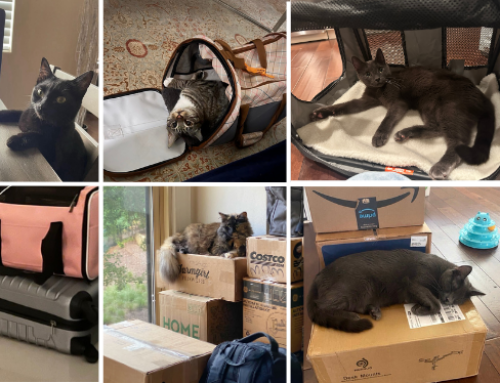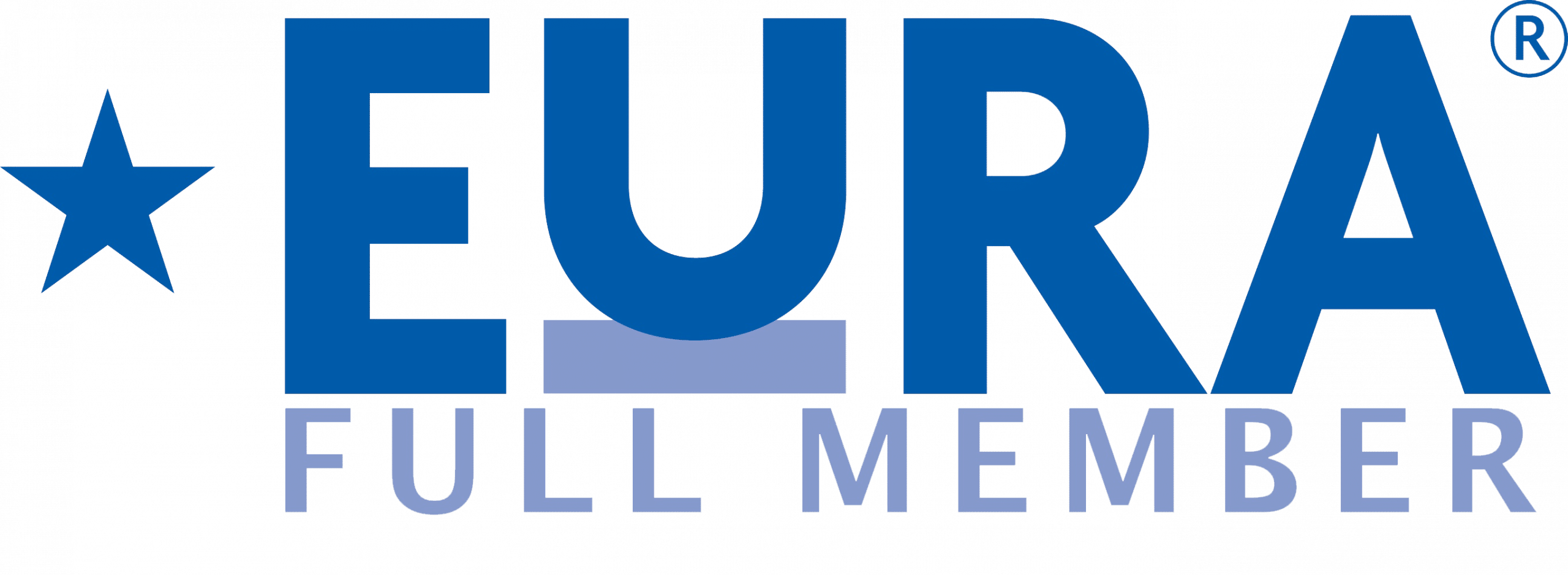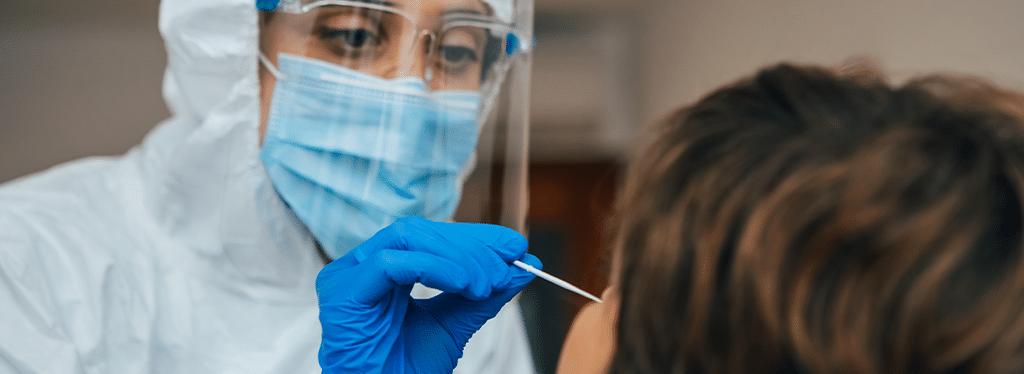
Updated EMEA COVID-19 Rules and Restrictions
European countries have had to pivot in early 2022 as the Coronavirus continues to shift and change with the addition of the Omicron variant. The following are updated restrictions for Belgium, Ireland and the Netherlands.
BELGIUM
After successfully decreasing the Delta variant infections over the holiday season, the Omicron variant has taken over and the numbers are rising again at a frightening pace. In order to keep hospitals open and to have enough personnel in testing centers, the government has decided to lessen quarantine rules, as follows:
- People who have had a second or third vaccination no longer need to quarantine after having been in contact with a high-risk person and they do not need to take a PCR test
- For those who have only had a first vaccination not more than five months ago, four days of quarantine are required, provided a self-test is taken until day 10
- People who are not vaccinated need to quarantine for 10 days after meeting a high-risk person, but are allowed to start working after day seven if a negative self-test can be provided, and continue to be taken until day 10
- If a person is infected, isolate seven instead of 10 days, provided a self-test is negative
These rules apply starting 10 January 2022. In addition, teleworking and no gatherings without masks (preferably a FFP2 mask) are strongly advised.
IRELAND
- Ireland has seen a sharp increase in Coronavirus cases due to the Omicron variant. The following are the COVID-19 regulations currently in place in Ireland:As of 20 December 2021:
- Pubs and restaurants must close at 8 p.m. and face coverings must be worn when you are not sitting at your table; there are no time limits on sittings
- Multiple table bookings not allowed
- One member of your group must give details to the pub or restaurant for contact tracing
- If customers do not have proof of vaccination or recovery, or they cannot show that the proof they are showing belongs to them, the bar or restaurant should refuse admission
- If customers do not have proof of immunity, they are only allowed to sit in an outdoor section of the pub or restaurant
- If people have symptoms of COVID-19, they should get tested and self-isolate immediately and close contacts should also get tested
- If they test positive, movements should be restricted for 10 days if they have not received a booster vaccine
- If a booster was received more than seven days ago, movements must be restricted for five days
- Employees should work from home unless it is necessary for them to be in the workplace in person
International Travel — Effective 6 January 2022:
- Passengers to Ireland must have accepted proof of vaccination or proof of recovery from COVID-19 in the prior six months and do not have to show an additional pre-departure COVID-19 test result
- Passengers without proof of vaccination, or proof of recovery from COVID-19 in the prior six months, must show evidence of a negative (not detected) RT-PCR test result taken within 72 hours prior to arriving in Ireland
For more detailed information about traveling to Ireland during COVID-19, please review the Citizens Information website.
THE NETHERLANDS
To slow the spread of the Omicron Coronavirus variant, the Netherlands is currently locked down until 14 January 2022, and it is expected that this will be extended for a few additional weeks. Below is an overview of the current rules about the lockdown.
- Stay home as much as possible, avoid busy places and work from home
- Schools are open and masks are to be worn in all public places, 1.5 meters social distancing
- Maximum group size of two visitors and do a self-test before visiting others or receiving visitors (excluding children under 13)
- Non-essential shops are closed, but grocery stores, pharmacies, drugstores and open-air markets are open
- Restaurants, cafés and bars closed, except for takeaway and delivery
- Hotels open, eating in room permitted
- Events not permitted (exceptions: professional sports matches and competitions without spectators, funerals with a maximum of 100 people and 1.5-metre distancing and weekly markets)
As of now, delivering destination services in the Netherlands is still possible. Regarding traveling to the Netherlands, there are changes on a daily basis, so it is best to check the Government of the Netherlands website about entering the Netherlands before making travel arrangements. Additional travel information can be found on the Ministry of Foreign Affairs website (select English from the top right-hand corner of the page).
SUMMARY
As EMEA countries modify their COVID-19-related regulations, we expect there will be additional updates in 2022; therefore, Altair Global will continue to send Alerts to keep you updated with the most current information.
For more detailed information on the Coronavirus and its impact on mobility across the globe, please visit the links on our COVID-19 Resources page.
Share This Story, Choose Your Platform!
European countries have had to pivot in early 2022 as the Coronavirus continues to shift and change with the addition of the Omicron variant. The following are updated restrictions for Belgium, Ireland and the Netherlands.
BELGIUM
After successfully decreasing the Delta variant infections over the holiday season, the Omicron variant has taken over and the numbers are rising again at a frightening pace. In order to keep hospitals open and to have enough personnel in testing centers, the government has decided to lessen quarantine rules, as follows:
- People who have had a second or third vaccination no longer need to quarantine after having been in contact with a high-risk person and they do not need to take a PCR test
- For those who have only had a first vaccination not more than five months ago, four days of quarantine are required, provided a self-test is taken until day 10
- People who are not vaccinated need to quarantine for 10 days after meeting a high-risk person, but are allowed to start working after day seven if a negative self-test can be provided, and continue to be taken until day 10
- If a person is infected, isolate seven instead of 10 days, provided a self-test is negative
These rules apply starting 10 January 2022. In addition, teleworking and no gatherings without masks (preferably a FFP2 mask) are strongly advised.
IRELAND
- Ireland has seen a sharp increase in Coronavirus cases due to the Omicron variant. The following are the COVID-19 regulations currently in place in Ireland:As of 20 December 2021:
- Pubs and restaurants must close at 8 p.m. and face coverings must be worn when you are not sitting at your table; there are no time limits on sittings
- Multiple table bookings not allowed
- One member of your group must give details to the pub or restaurant for contact tracing
- If customers do not have proof of vaccination or recovery, or they cannot show that the proof they are showing belongs to them, the bar or restaurant should refuse admission
- If customers do not have proof of immunity, they are only allowed to sit in an outdoor section of the pub or restaurant
- If people have symptoms of COVID-19, they should get tested and self-isolate immediately and close contacts should also get tested
- If they test positive, movements should be restricted for 10 days if they have not received a booster vaccine
- If a booster was received more than seven days ago, movements must be restricted for five days
- Employees should work from home unless it is necessary for them to be in the workplace in person
International Travel — Effective 6 January 2022:
- Passengers to Ireland must have accepted proof of vaccination or proof of recovery from COVID-19 in the prior six months and do not have to show an additional pre-departure COVID-19 test result
- Passengers without proof of vaccination, or proof of recovery from COVID-19 in the prior six months, must show evidence of a negative (not detected) RT-PCR test result taken within 72 hours prior to arriving in Ireland
For more detailed information about traveling to Ireland during COVID-19, please review the Citizens Information website.
THE NETHERLANDS
To slow the spread of the Omicron Coronavirus variant, the Netherlands is currently locked down until 14 January 2022, and it is expected that this will be extended for a few additional weeks. Below is an overview of the current rules about the lockdown.
- Stay home as much as possible, avoid busy places and work from home
- Schools are open and masks are to be worn in all public places, 1.5 meters social distancing
- Maximum group size of two visitors and do a self-test before visiting others or receiving visitors (excluding children under 13)
- Non-essential shops are closed, but grocery stores, pharmacies, drugstores and open-air markets are open
- Restaurants, cafés and bars closed, except for takeaway and delivery
- Hotels open, eating in room permitted
- Events not permitted (exceptions: professional sports matches and competitions without spectators, funerals with a maximum of 100 people and 1.5-metre distancing and weekly markets)
As of now, delivering destination services in the Netherlands is still possible. Regarding traveling to the Netherlands, there are changes on a daily basis, so it is best to check the Government of the Netherlands website about entering the Netherlands before making travel arrangements. Additional travel information can be found on the Ministry of Foreign Affairs website (select English from the top right-hand corner of the page).
SUMMARY
As EMEA countries modify their COVID-19-related regulations, we expect there will be additional updates in 2022; therefore, Altair Global will continue to send Alerts to keep you updated with the most current information.
For more detailed information on the Coronavirus and its impact on mobility across the globe, please visit the links on our COVID-19 Resources page.


![Updated EMEA COVID-19 Rules and Restrictions 6 [GUIDE] Local Plus Policy Considerations](https://www.altairglobal.com/wp-content/uploads/2024/12/GCS-Thought-Leadership-Blog-Header-Image-500x383.png)
